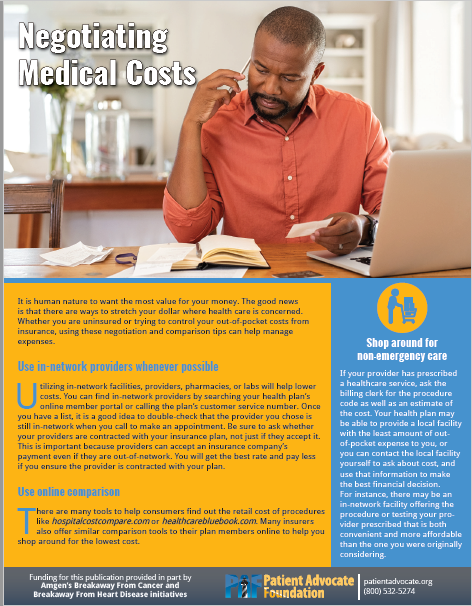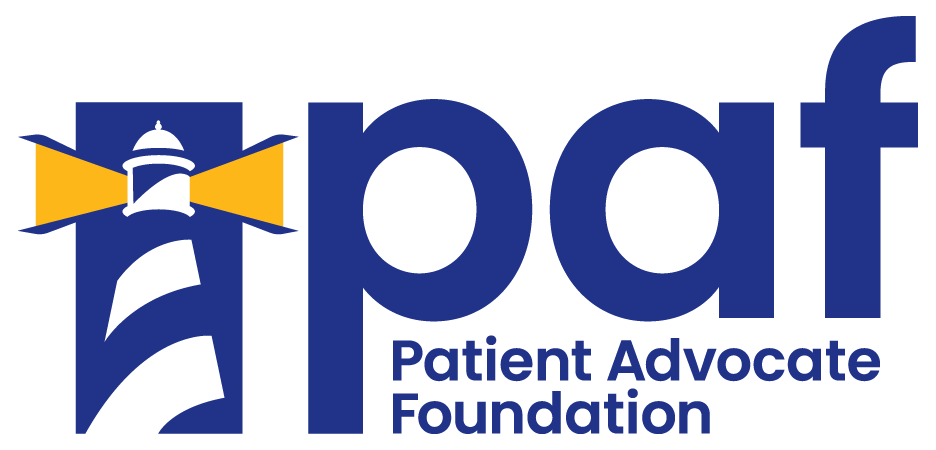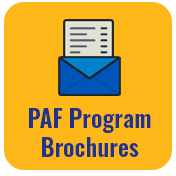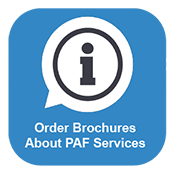Downloads

Negotiating Medical Costs
It is human nature to want the most value for your money. The good news is that there are ways to stretch your dollar where health care is concerned. Whether you are uninsured or trying to control your out-of-pocket costs from insurance, using these negotiating and comparison tips can help.









